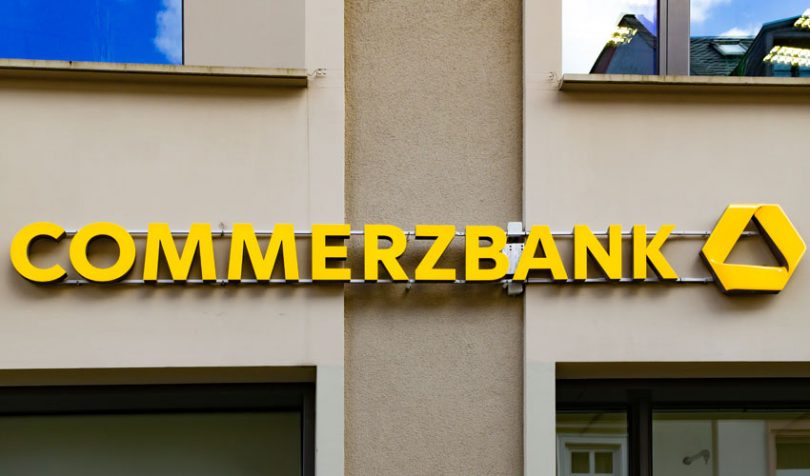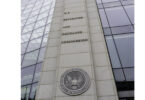In January Commerzbank provided a blockchain platform for a pilot money market transaction. Continental issued a 3-day €100,000 security directly to Siemens, without using Commerzbank as the broker. The bank simply acted as the platform provider and service partner.
The companies generated the money market security and processed the trade using blockchain. The settlement was made on-chain using digital cash enabled by Commerzbank which has an e-money license. And the whole process took minutes rather than days.
Speeding up the turnaround is especially important for money market transactions which are typically short term. So the first advantage is faster payments which can usually take up to two days to settle. Secondly, blockchain enables transparency so that all parties can see everything at the same time and all participants can read and write data. In turn, this means the bank’s role as broker evolves.
“There are clear advantages of using this technology, including significantly shorter processing times and faster time to market,” said Peter Rathgeb, corporate treasurer at Siemens. “Some of the major challenges revolve around the security and performance aspects and the legal area, such as the importance of creating a consistent European understanding of the standards and legal points involved when it comes to blockchain-based transactions.”
“Blockchain technology has tremendous potential in making capital market transactions quicker, more straightforward and more efficient for our customers,” said Roman Schmidt, Commerzbank’s divisional board member for capital markets.
R3’s Corda is the protocol that underpins the Commerzbank platform. The bank has also previously run a foreign exchange pilot also on Corda, and it is a member of the Marco Polo trade finance consortium which uses R3’s technology.
Legal status
The transaction was done in compliance with Luxembourg laws for euro-denominated electronic commercial paper. So a security was issued, signed and traded digitally using electronic signatures. The announcement states that all transactions were legally binding and GSK Stockmann provided legal advice.
On February 14th Luxembourg adopted a bill that recognizes the use of a decentralized ledger for recording securities transactions. However, Hogan Lovells has pointed out that the new legislation has “not fully provided a legal status to the token as dematerialized instrument”. In other words, it doesn’t define a token as ownership title. It seems that was not an oversight, because if tokens had full legal status, then there are side effects. One example given by Hogan Lovells was that initial coin offerings would automatically fall under prospectus regulations.






